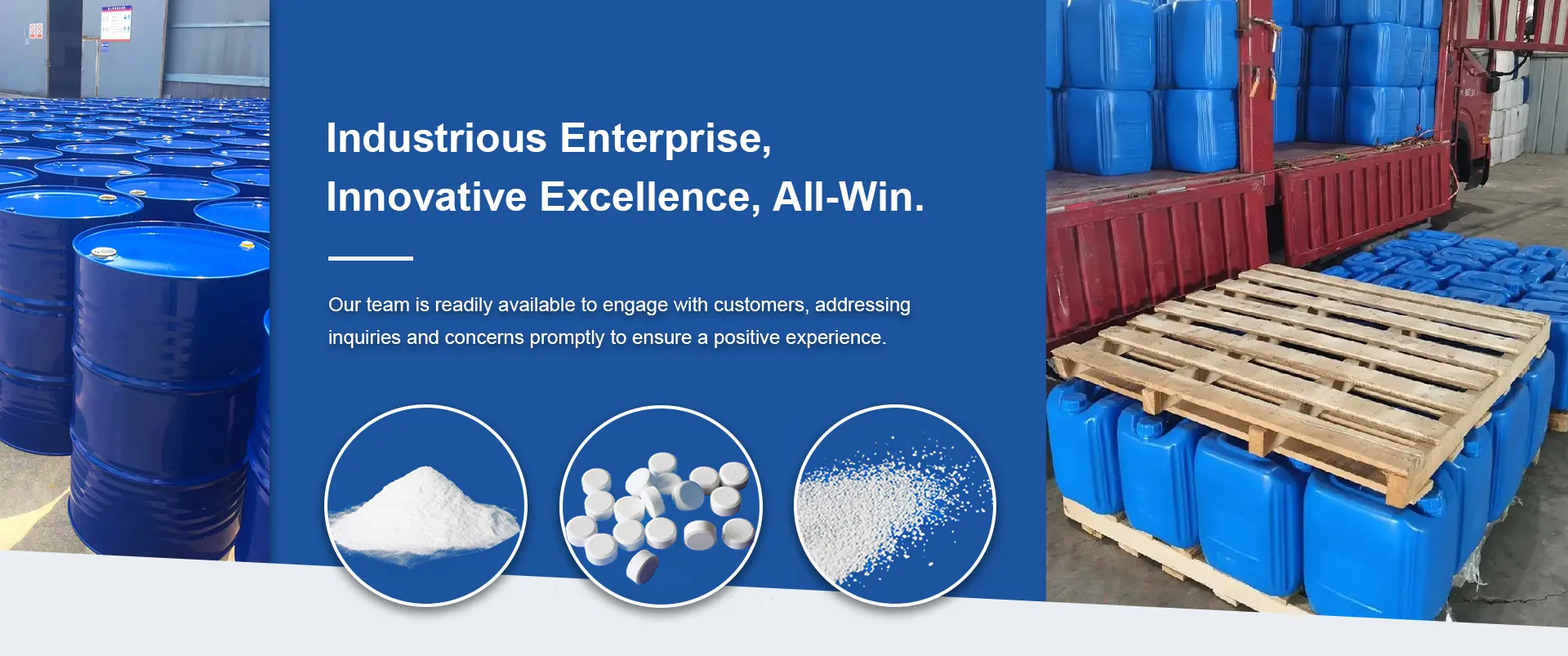
solvents
The Role of Solvents in Chemistry and Industry
Solvents play a crucial role in various chemical processes and industrial applications, acting as the medium in which chemical reactions occur. Defined as substances that dissolve a solute to form a solution, solvents can be liquids, gases, or solids. However, the most common form encountered in laboratories and industries is liquid solvents. Understanding the properties and applications of different solvents is essential for various fields, including pharmaceuticals, paint and coatings, and chemical manufacturing.
One of the primary characteristics of solvents is their ability to dissolve a wide range of solutes, which can be solid, liquid, or gas. The effectiveness of a solvent largely depends on its chemical nature and polarity. Polar solvents, such as water, have molecules with a partial positive charge on one end and a partial negative charge on the other, making them highly effective at dissolving ionic and polar substances. Conversely, non-polar solvents, like hexane, are better suited for dissolving non-polar substances, such as oils and fats. This principle of “like dissolves like” is fundamental in choosing the appropriate solvent for a particular application.
In the pharmaceutical industry, solvents are indispensable
. They are used in the extraction of active pharmaceutical ingredients (APIs) from natural sources, the formulation of drugs, and the production of various dosage forms such as tablets and injections. The selection of a solvent in drug formulation is critical; it must be effective in dissolving the active ingredient while also being safe for human consumption. Moreover, regulatory agencies impose strict guidelines on the use of solvents in pharmaceuticals due to potential toxicity and environmental impact.solvents

In the realm of paint and coatings, solvents serve not only as carriers but also influence the performance characteristics of the final product. Solvents help to dissolve resins and pigments, ensuring an even application and optimal adhesion to surfaces. As VOC (volatile organic compounds) regulations become more stringent, the industry is shifting towards safer, less harmful alternatives, such as water-based solvents. These innovations are not only beneficial for environmental sustainability but also improve the safety of workers handling these products.
The chemical manufacturing sector heavily relies on solvents during the synthesis of various chemicals. They can facilitate reactions, provide the necessary environment for the desired reaction rates, and help separate products from reaction mixtures. For instance, in the production of biodiesel, methanol serves as a solvent for transesterification, a key reaction that converts oils or fats into biodiesel and glycerol. The efficiency of this process is significantly affected by the type and quantity of solvent used.
Despite their utility, the use of solvents poses environmental and health risks. Many traditional solvents are toxic, flammable, and detrimental to the environment, leading to pollution and health hazards. Consequently, there is a growing demand for green chemistry solutions that seek to minimize or eliminate the use of hazardous solvents. Researchers are exploring bio-based solvents derived from renewable sources, as well as solvent-free methods for chemical reactions.
In conclusion, solvents are indispensable in various fields, facilitating numerous chemical processes essential for modern technology and industry. As the demand for safer and more sustainable practices rises, the future of solvent use will likely focus on minimizing environmental impact while maximizing efficiency and safety. The ongoing advancements in solvent technologies and the search for greener alternatives will continue to shape the landscape of chemistry and industry in the years to come.
-
Nitrile Rubber Honoring Strict Production StandardsNewsAug.22,2025
-
Aspartame Ingredients Honoring Food Safety ValuesNewsAug.22,2025
-
Fertilizer for Balanced Plant NutritionNewsAug.22,2025
-
Cyanide Gold Processing with High Purity AdditivesNewsAug.22,2025
-
Formic Acid in Textile Dyeing ApplicationsNewsAug.22,2025
-
Aluminum Hydroxide Gel in Skincare ProductsNewsAug.22,2025
-
Regulatory Compliance for Global Mining Chemicals UseNewsAug.12,2025
Hebei Tenger Chemical Technology Co., Ltd. focuses on the chemical industry and is committed to the export service of chemical raw materials.
-

view more DiethanolisopropanolamineIn the ever-growing field of chemical solutions, diethanolisopropanolamine (DEIPA) stands out as a versatile and important compound. Due to its unique chemical structure and properties, DEIPA is of interest to various industries including construction, personal care, and agriculture. -

view more TriisopropanolamineTriisopropanolamine (TIPA) alkanol amine substance, is a kind of alcohol amine compound with amino and alcohol hydroxyl, and because of its molecules contains both amino and hydroxyl. -

view more Tetramethyl Thiuram DisulfideTetramethyl thiuram disulfide, also known as TMTD, is a white to light-yellow powder with a distinct sulfur-like odor. It is soluble in organic solvents such as benzene, acetone, and ethyl acetate, making it highly versatile for use in different formulations. TMTD is known for its excellent vulcanization acceleration properties, which makes it a key ingredient in the production of rubber products. Additionally, it acts as an effective fungicide and bactericide, making it valuable in agricultural applications. Its high purity and stability ensure consistent performance, making it a preferred choice for manufacturers across various industries.





